Who will save the senior speech? (Editorial)
Senior speeches are a big deal in the Upper School, but not in the way most people would imagine. Culture surrounding the senior speech has experienced a significant change over the past couple of years, leaving students and faculty alike frustrated.
Senior Speeches, in recent years, have diminished in quality. What can we do to turn the tables?
Note: The editorial board represents the opinions of the editors and staff of The Gauntlet.
For those of us who have been part of the Saint Stephen’s community for longer than the past two years, we imagine senior speeches as engaging outlets for seniors to share stories and reflect on their high school experiences. But in many cases nowadays, as the Upper School settles into Christ Church’s pews, neither of these things happen.
As a young Falcon, I always got excited about listening to senior speeches. They were moments when I could listen to older peers, most of whom I usually had no association with, and get an insight into their unfamiliar lives. Those speeches were truly gifts to the Upper School community; they fostered a special, indescribable connection between speaker and audience that contributed to our sense of community.
With the arrival of the class of 2018 to the podium, we were endowed one disturbing trend that my own class cannot seem to cut out: the sloppy senior speech. Far too often nowadays, we see seniors failing to put some quality time aside to think about their speech.
It’s not unusual to hear seniors whine about how they don’t want to write a speech or that they don’t know what to write about. To the present-day senior, a speech is simply a graduation requirement, not a special opportunity.
So why does this matter? Frankly, since last year, a good portion of our senior speeches have been poorly written and delivered. And it has negative effects in more ways than seniors think. When the Upper School gathers in the church twice a week, they devote time out of their school day to give you their undivided attention. This is the precious time that cuts into their break and can oftentimes result in a canceled snack line. And when most of the Upper School has to wait until 12:35 PM to eat their first meal of the day, students are visibly more miserable than usual and have a harder time focusing in class.
That’s why it’s so important not to waste everyone’s snack time with a crappy speech. But this is the least of the seniors’ concerns.
Faculty members also have to give up their break, a time that is useful to them for cooling off from class or preparing for the rest of the day. They, likewise, don’t want to waste this time for your haphazard work. Importantly, too, faculty members are the ones that have contributed to your growth as a student here. They want to see what you’ve accomplished over the course of your four years, and being lazy is not an impressive outcome. These are the people who have set so much of their time aside to give you extra help with classwork, life advice, and even guide you along the college process. A couple of them probably wrote your letters of recommendation. Yet after all of their dedication to our success, you spend one of the only opportunities that you’ll ever have to give back to the school showing that you don’t have much respect for them or their time.
It’s time for a change. Bad speeches are even more memorable than good ones and underwhelming, half-hearted speeches will hurt us in the long run. Your peers and your teachers will see you as a person who lacks regard for others, which is not one of the lasting impressions that you should be trying to leave on your school community. Seniors need to get themselves together and realize how important their speeches are.
For those of us who have yet to speak, it’s important to consider the impact of our words before we deliver. Think before you speak. Let’s be the class to bring back the senior speech.

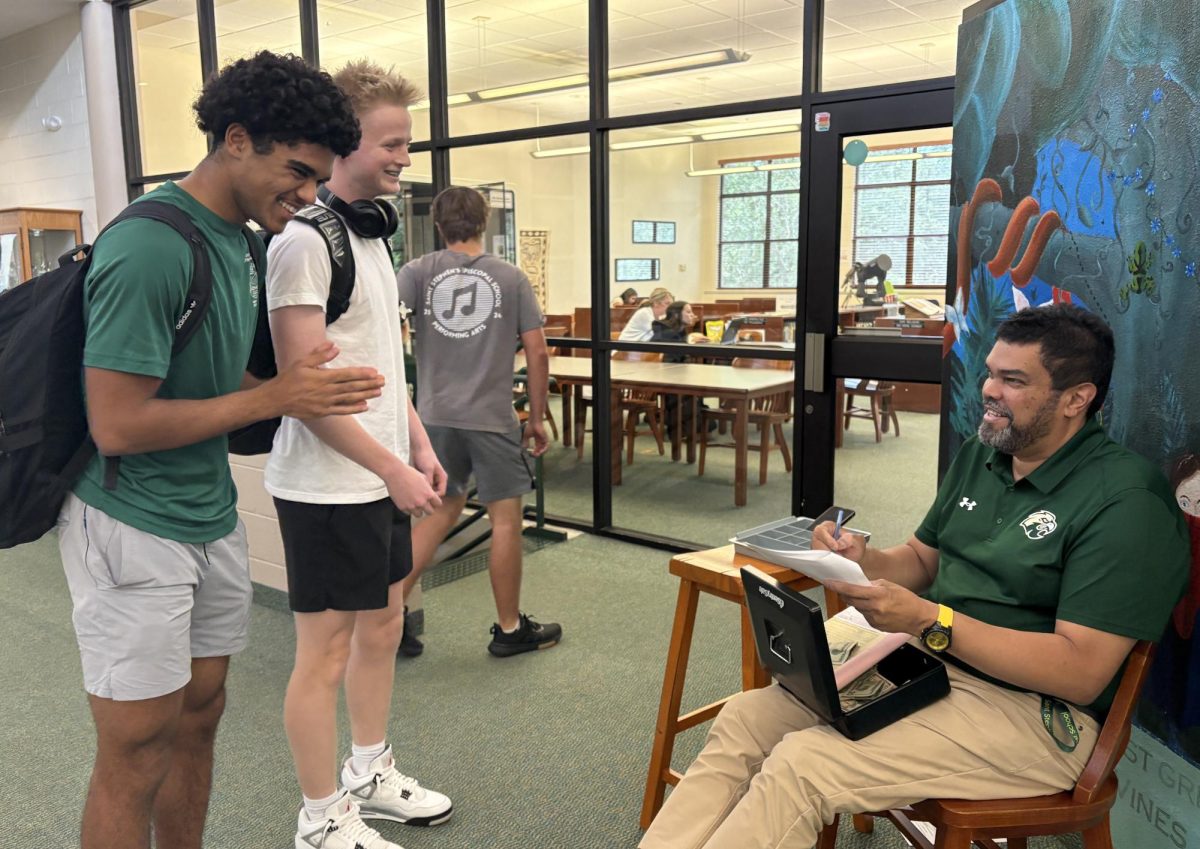
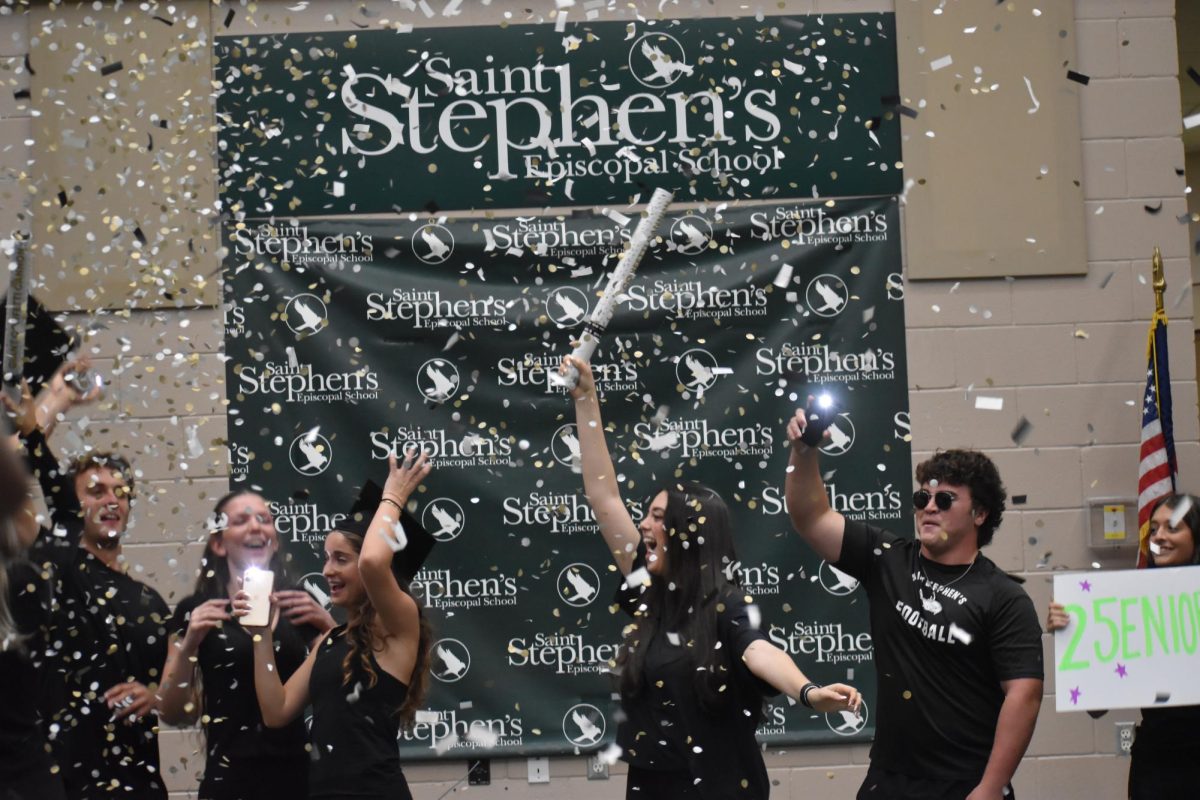
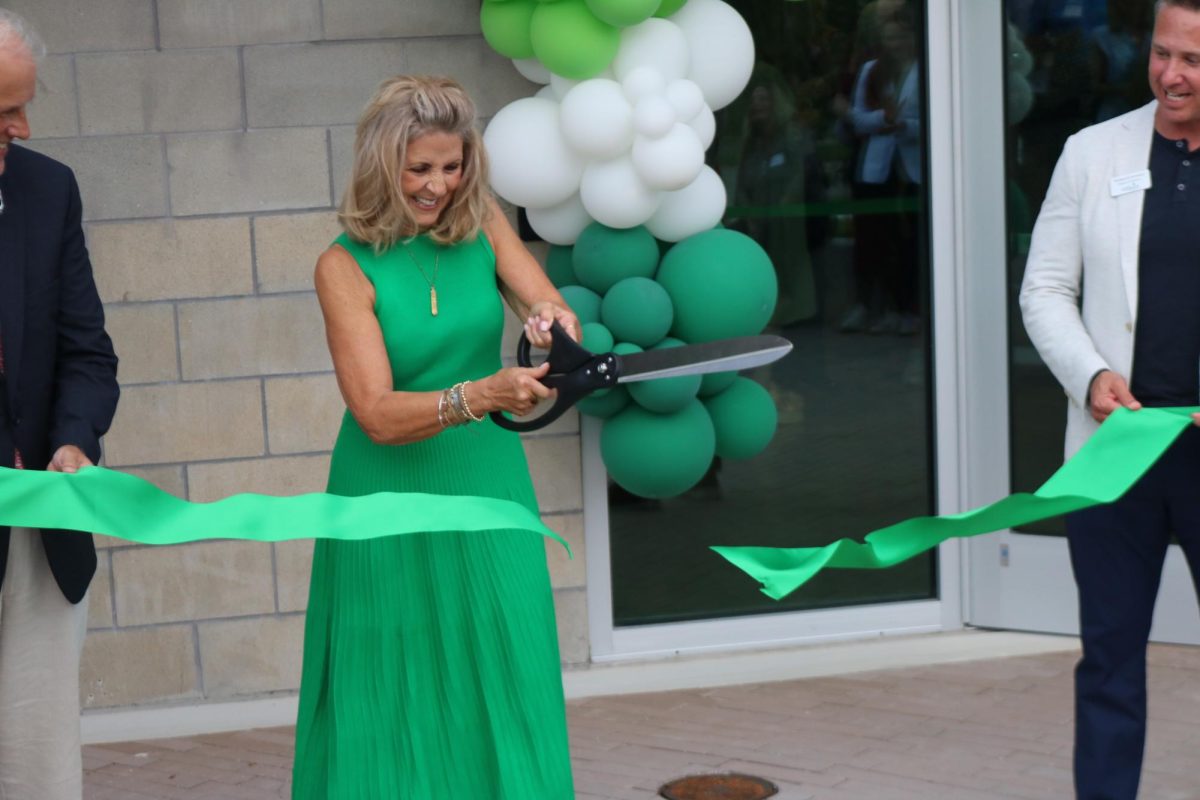


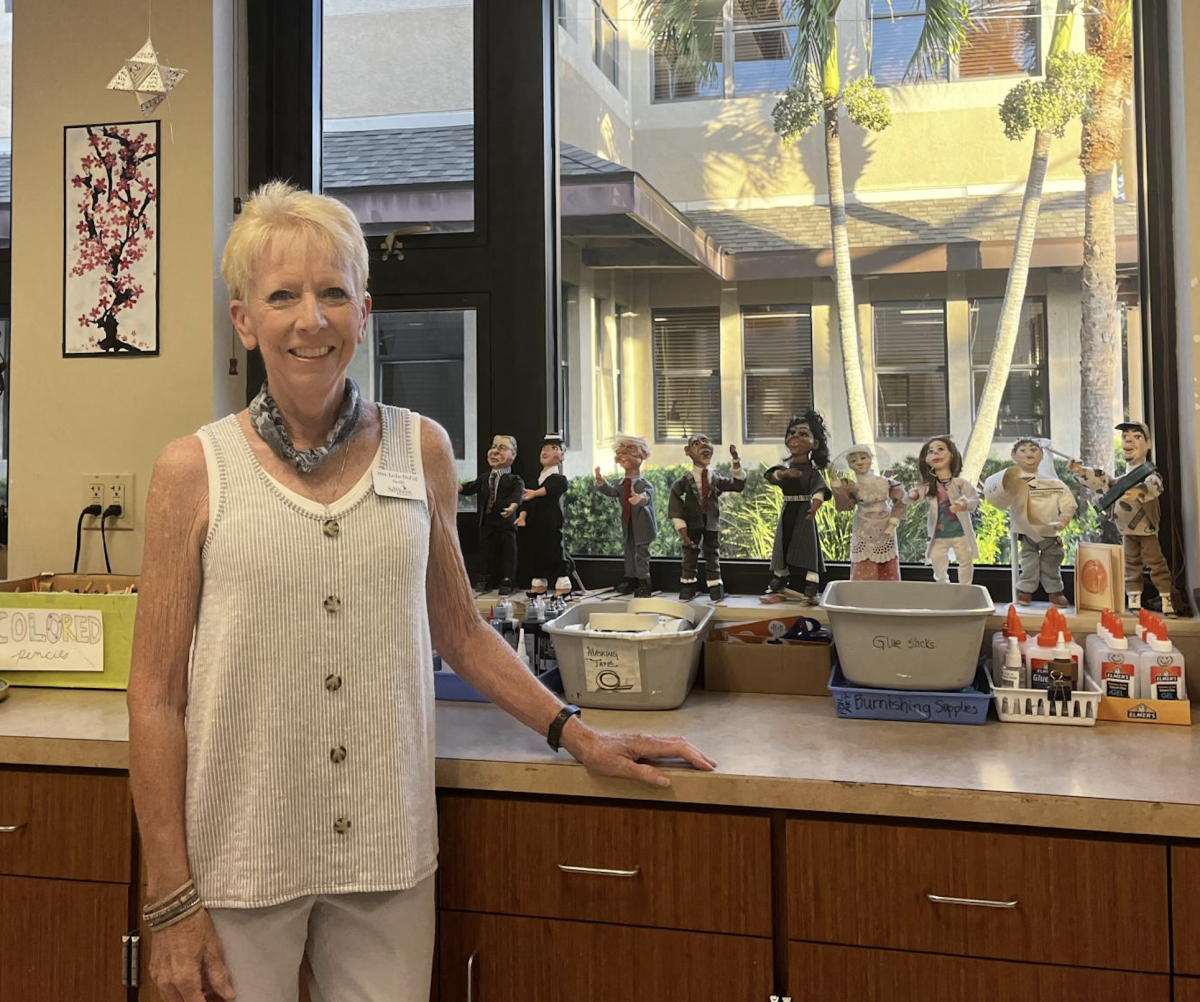


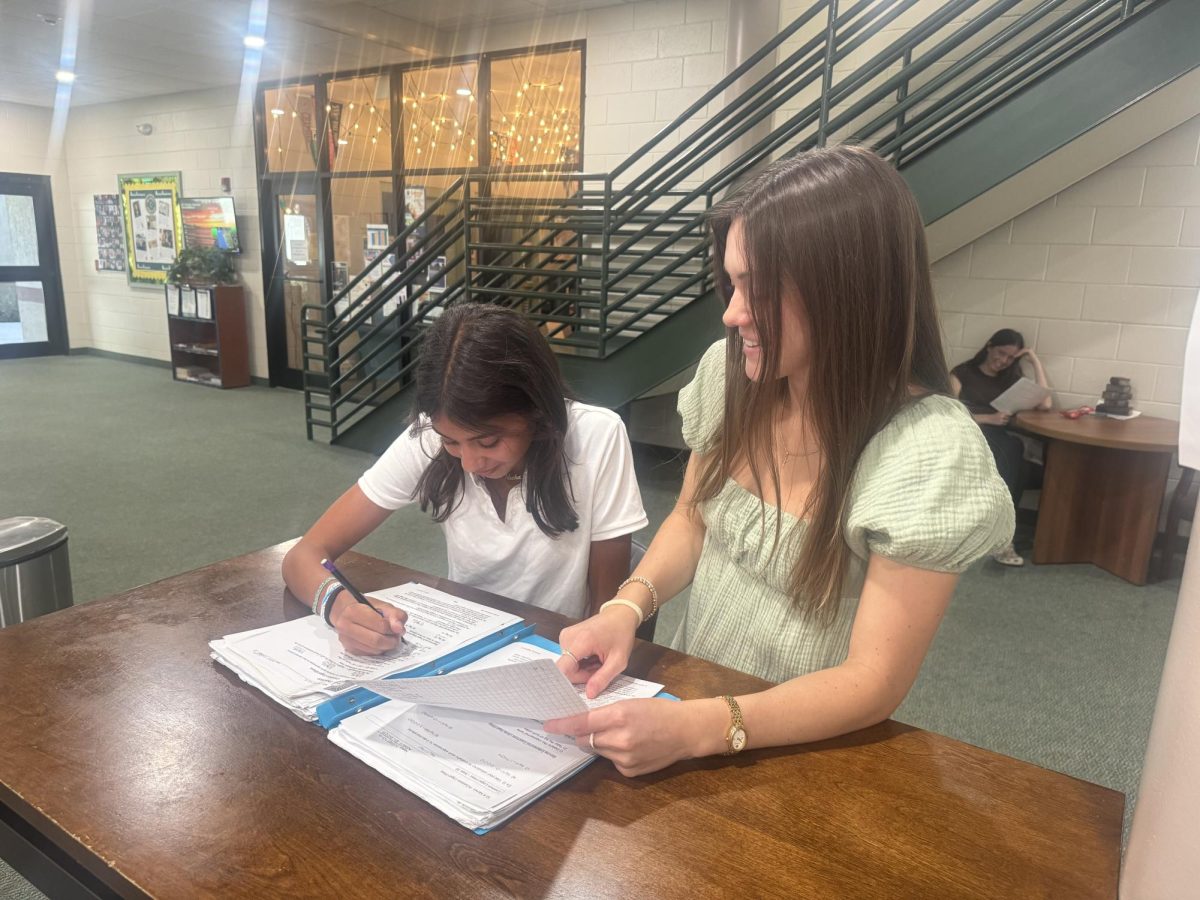
















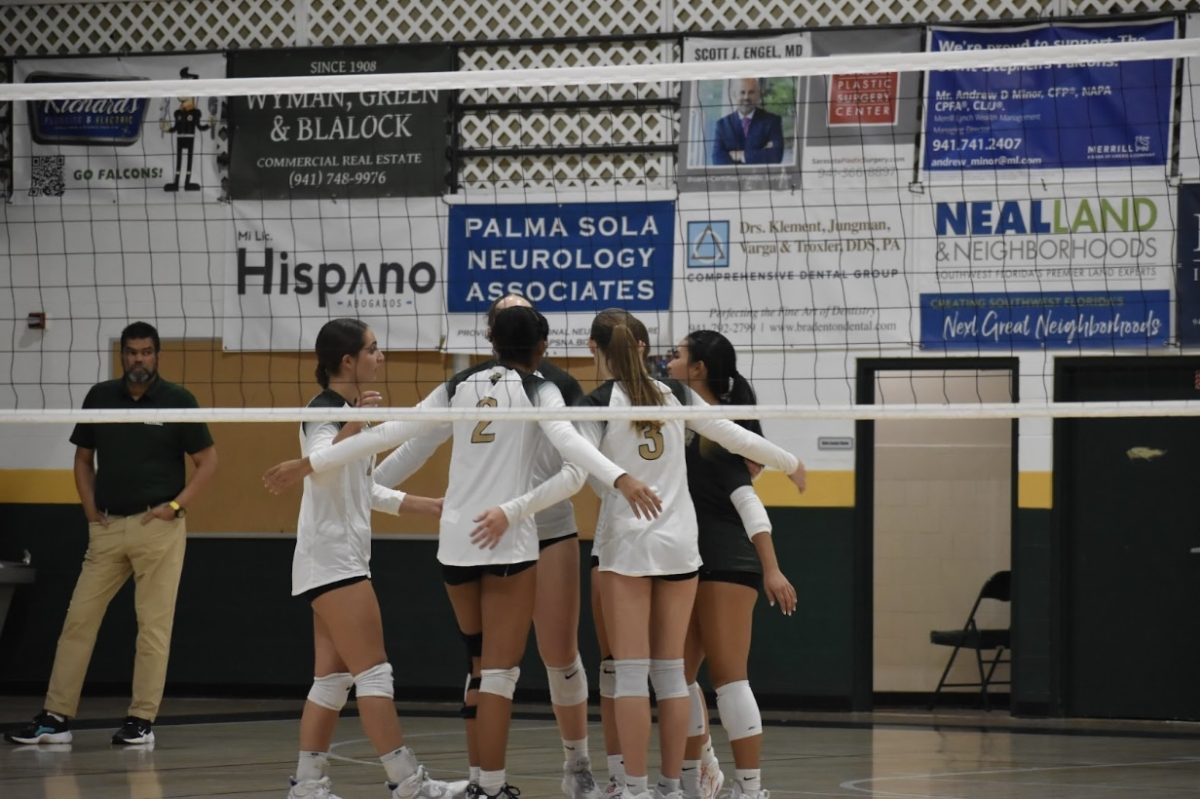
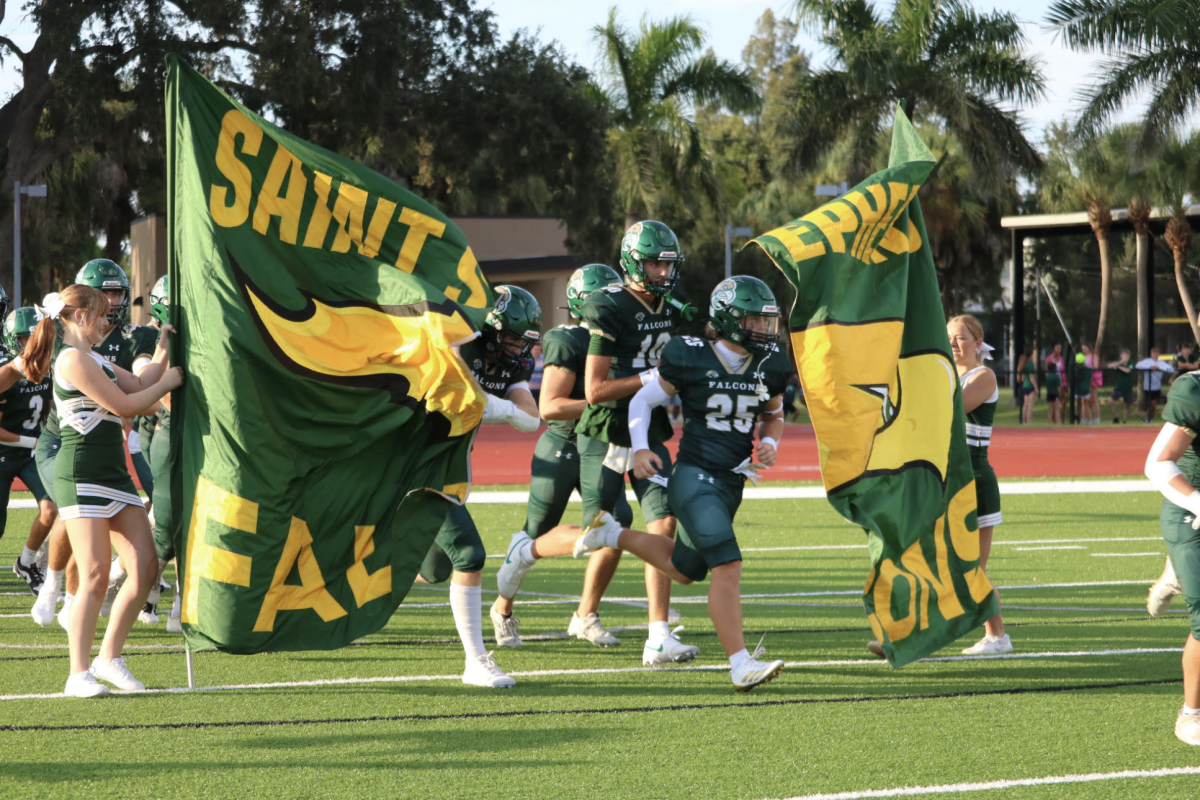



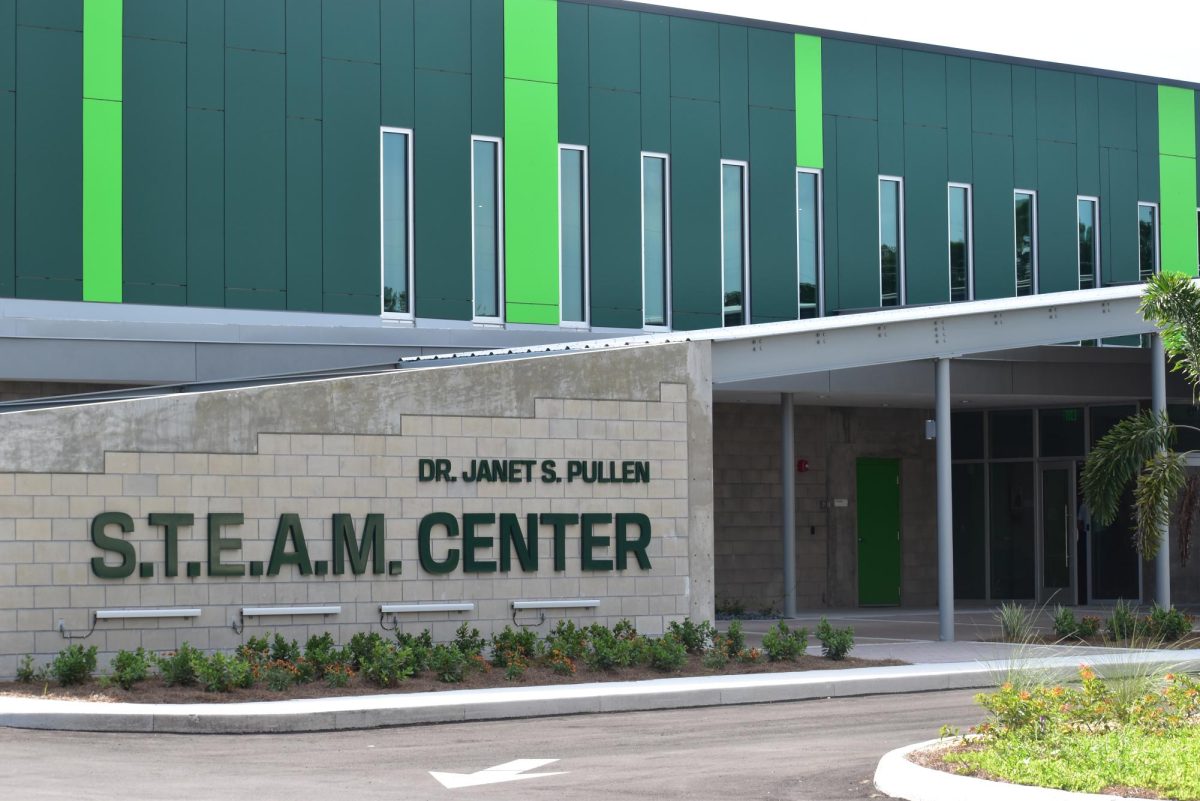
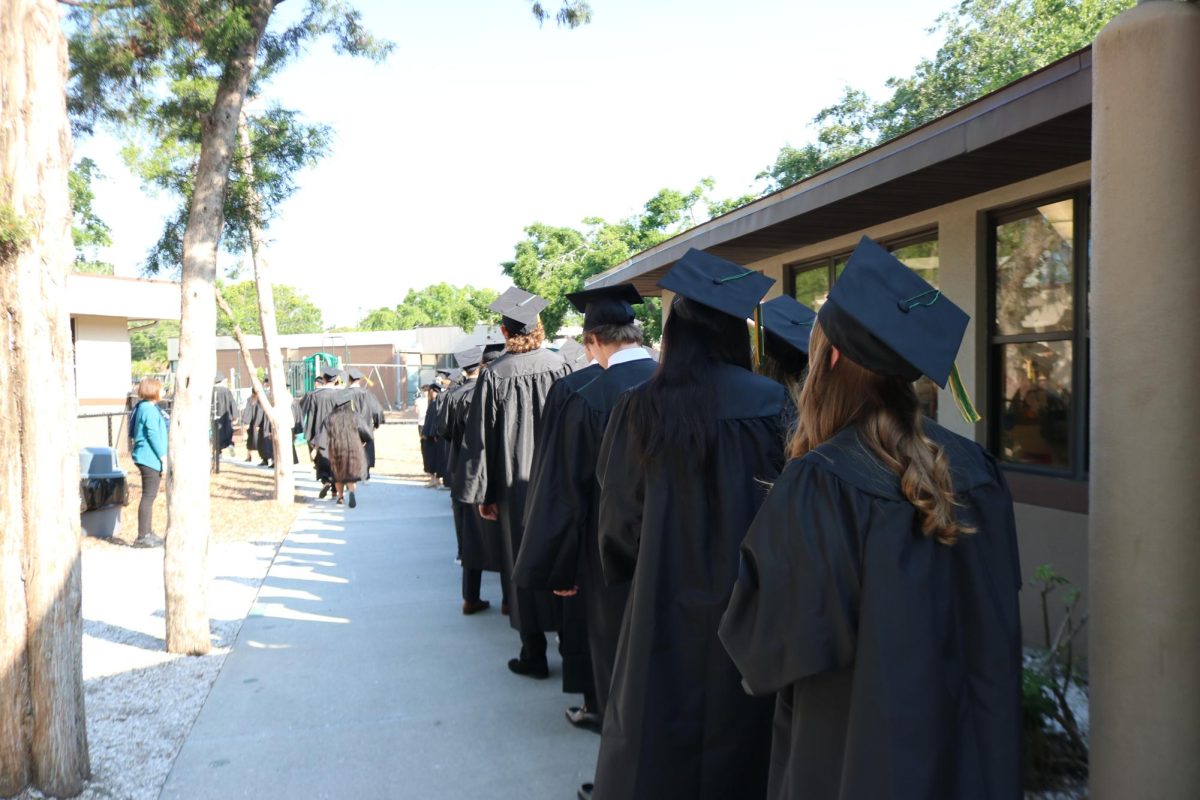









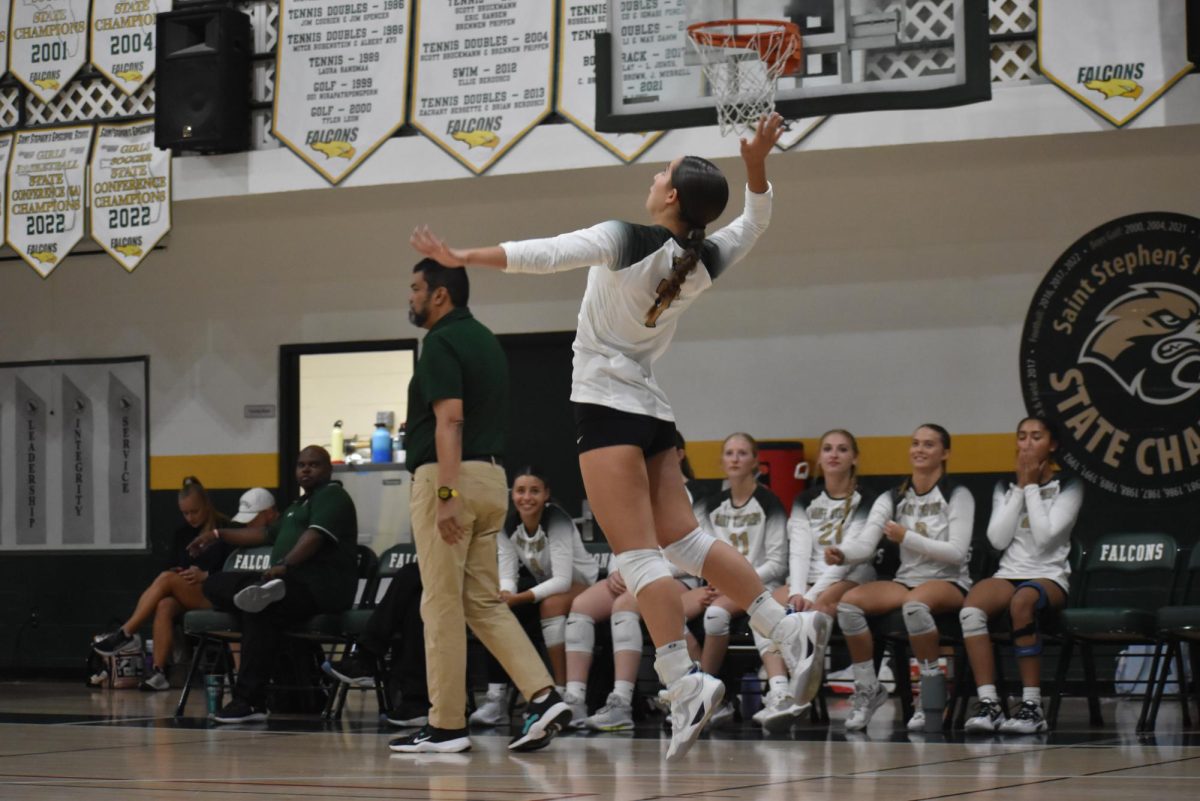





Susan Miller Kelly • Feb 17, 2019 at 4:00 pm
I SO appreciate this editorial! Many senior speeches have been interesting, insightful, and reflective this year, however I agree with you in that it seems there have been more “generic addresses” given and less thoughtful speeches than in my past experience and recolection. Possibly it is because I have a stronger tie to this class than any other graduating class and expect or want more. Like you mentioned, my daughters, too, have loved hearing and talking about senior speeches all the years they have been privileged to attend them. In fact, they have been thinking about and talking about their own senior speech topics since tenth grade! (Having said that, I am not confident that either of them have their topics defined and speeches written, but they HAVE enjoyed thinking of ideas and discussing various topics with each other.) As you so eloquently stated in your editorial, senior speeches are motivating to the younger students and a time to reflect on one’s SSES high school experience and /or personal and high school growth. It appears more students are NOT taking this preogative as the beautiful opportunity it can/should be or is intended to be, but as JUST ONE MORE REQUIREMENT TO GET THROUGH!!! Perhaps this “gift” is not being properly explained as more students enter SSES in later grades and more new teachers have joined the faculty. Just a thought and a different “perspective”… Being a “lifer” (what we called ourselves before the more fitting term Forever Falcons was created), it is sometimes difficult to explain or describe what many of us have grown up knowing Saint Stephen’s Episcopal School to BE. Possibly, it is not the students being irreverent, but rather a lack of understanding the traditions.
I love coming and listening to speeches every chance I have, and am so thrilled I can listen to them online when I am not able to attend in person! The senior speeches are just one more detail that helps Saint Stephen’s graduates stand out from the others in the “pack” and be better prepared to present themselves to society! I am proud to be a graduate of Saint Stephen’s Episcopal School, and proud that my children are Forever Falcons, as well!
Thank you for challenging this year’s seniors to “Speak Up & Speak Out” to let their stories be heard! I hope the remainder of the students rise to the occasion! Keep up the first-class journalism, Gauntlet Team!